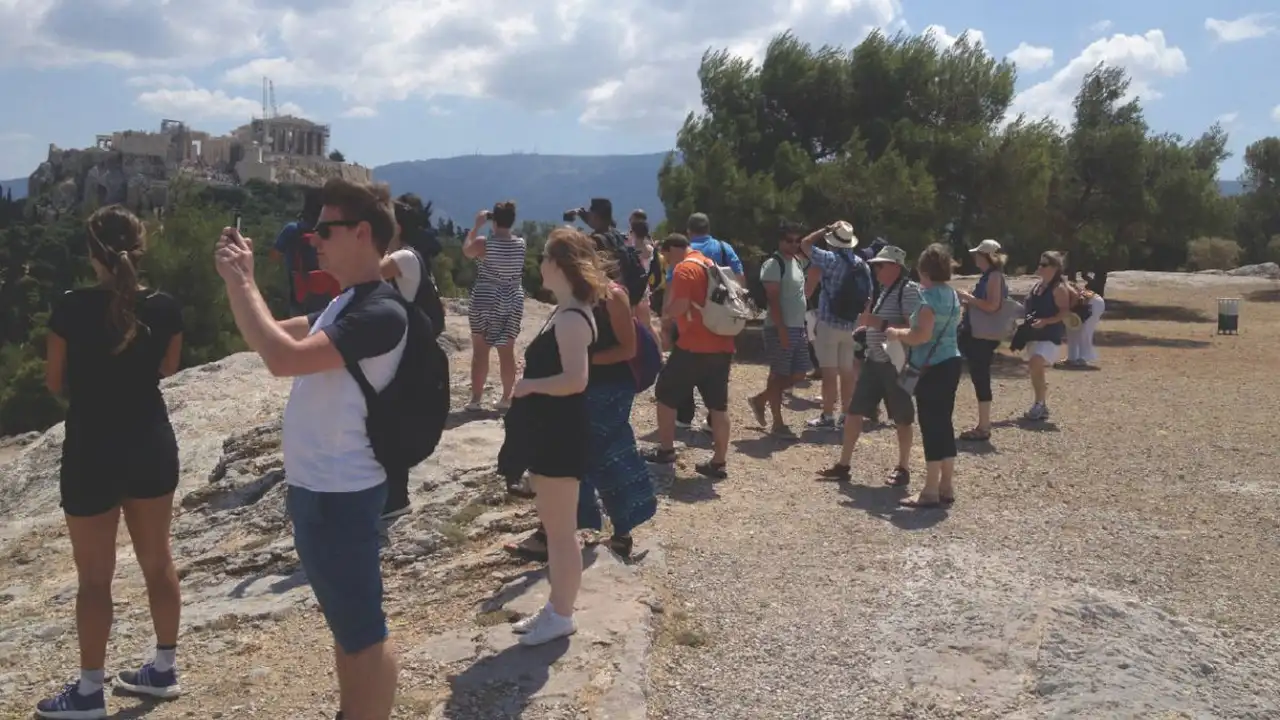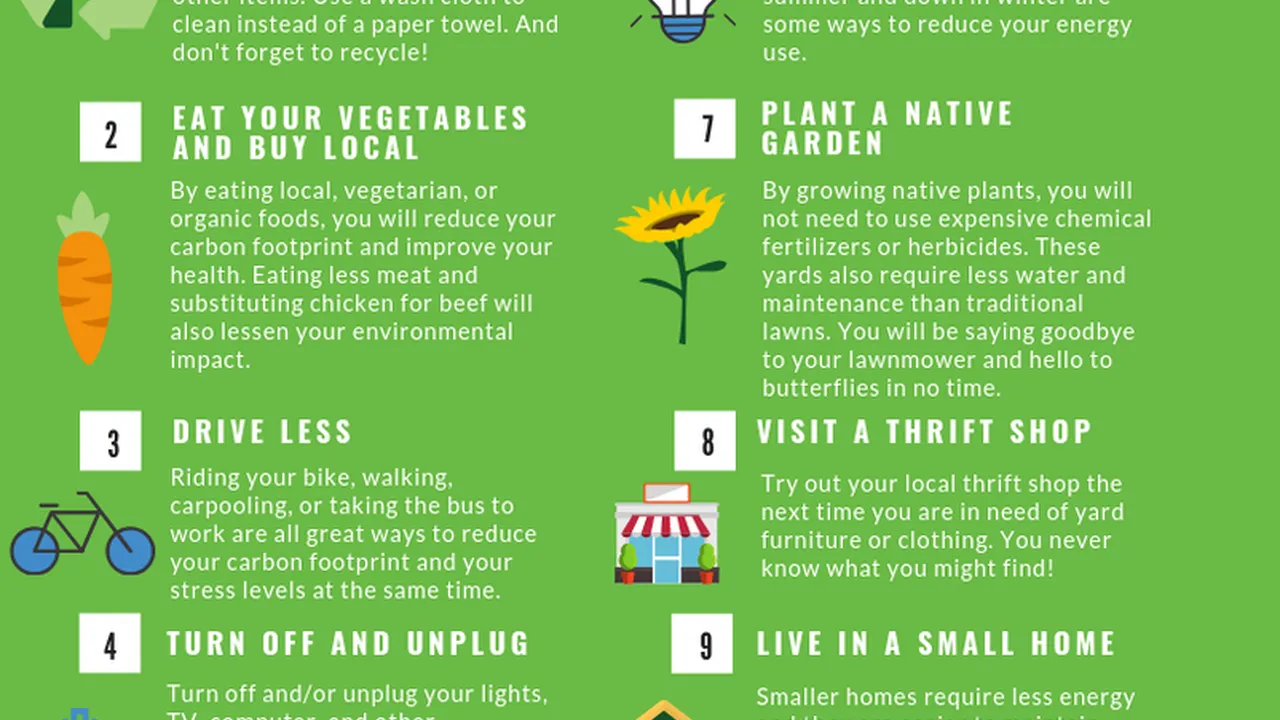Supporting Local Communities Travel
Discover how to support local communities while traveling. Learn about ethical tourism practices and ways to give back to the local economy. Make a positive impact on the places you visit.

Why Support Local Communities When You Travel
Hey there, fellow travelers! Ever wonder how your trip impacts the place you're visiting? It's not just about snapping pics and checking off bucket-list items. It's about the people, the culture, and the economy of the destination. When you support local communities, you're not just a tourist; you're a responsible traveler contributing to a sustainable future.
Think about it: mass tourism can sometimes harm local traditions and environments. By choosing locally-owned businesses, engaging in ethical activities, and being mindful of your impact, you can ensure your visit benefits the community rather than exploiting it. Plus, you'll have a much richer and more authentic travel experience!
Ethical Tourism Practices for Responsible Travel
So, how do you actually practice ethical tourism? Here are some tips to get you started:
- Choose Locally-Owned Businesses: Opt for family-run hotels, restaurants, and tour operators. Your money goes directly into the community, supporting local livelihoods.
- Respect Local Customs and Traditions: Do your research beforehand. Dress modestly when visiting religious sites, learn a few basic phrases in the local language, and be mindful of cultural norms.
- Avoid Exploitative Activities: Steer clear of animal tourism attractions that involve riding elephants or posing with captive animals. Look for sanctuaries that prioritize animal welfare.
- Say No to Souvenirs Made from Endangered Species: That beautiful ivory carving might look tempting, but it's contributing to the decline of endangered species. Choose souvenirs made from sustainable materials.
- Reduce Your Environmental Impact: Use reusable water bottles, avoid single-use plastics, and choose eco-friendly transportation options.
Ways to Give Back to the Local Economy and Make a Difference
There are countless ways to contribute to the local economy and make a positive impact during your travels. Here are a few ideas:
- Eat at Local Restaurants: Skip the chain restaurants and try authentic local cuisine. You'll support local farmers and chefs while enjoying delicious food.
- Shop at Local Markets: Buy souvenirs and gifts directly from local artisans. You'll get unique, handcrafted items while supporting their craft.
- Take Local Tours: Choose tours led by local guides who can share their knowledge and passion for their community.
- Donate to Local Charities: Research reputable charities that support local initiatives and make a donation.
- Volunteer Your Time: Consider volunteering for a local organization or project. You can help build schools, clean up beaches, or teach English.
Specific Product Recommendations for Ethical and Sustainable Travel
Okay, let's get practical! Here are some product recommendations to help you travel more ethically and sustainably:
Reusable Water Bottle Options for Eco-Friendly Hydration
Staying hydrated is key, but single-use plastic bottles are a major environmental problem. Switch to a reusable water bottle!
- Hydro Flask: These insulated bottles keep your drinks cold for up to 24 hours and hot for up to 12 hours. They are durable and come in various sizes and colors. Price: $30-$50. Usage: Perfect for everyday use, hiking, or travel.
- Nalgene: These BPA-free plastic bottles are lightweight and virtually indestructible. They're a classic choice for outdoor adventures. Price: $10-$20. Usage: Great for camping, backpacking, and general travel.
- Collapsible Water Bottles (e.g., Nomader): These bottles are made of silicone and can be rolled up when empty, saving space in your bag. Price: $20-$30. Usage: Ideal for travelers who want to pack light.
Comparison: Hydro Flask is best for temperature retention, Nalgene is the most durable, and collapsible bottles are the most space-saving.
Ethical and Sustainable Toiletries for Conscious Travelers
Many toiletries contain harmful chemicals and come in plastic packaging. Choose eco-friendly alternatives!
- Shampoo Bars (e.g., Ethique): These solid shampoo bars eliminate the need for plastic bottles. They are concentrated, long-lasting, and travel-friendly. Price: $15-$20 per bar. Usage: Perfect for reducing plastic waste and saving space in your luggage.
- Bamboo Toothbrushes (e.g., Brush with Bamboo): These toothbrushes have biodegradable bamboo handles, reducing plastic waste. Price: $5-$10 per toothbrush. Usage: A simple and effective way to reduce your environmental impact.
- Reef-Safe Sunscreen (e.g., Stream2Sea): Traditional sunscreens can harm coral reefs. Choose reef-safe options that are free of oxybenzone and octinoxate. Price: $15-$25 per bottle. Usage: Essential for protecting your skin and the environment when swimming or snorkeling.
Comparison: Shampoo bars are great for zero-waste travel, bamboo toothbrushes are a simple swap, and reef-safe sunscreen protects marine life.
Supporting Local Artisans Through Souvenir Choices
Skip the mass-produced souvenirs and support local artisans! Here are some ethical souvenir ideas:
- Handmade Textiles: Purchase locally woven fabrics, scarves, or rugs directly from the artisans. Look for fair trade certifications to ensure they are paid fairly. Usage: Beautiful and unique souvenirs that support local craft traditions.
- Local Pottery: Buy handmade pottery from local potters. You'll get a unique piece of art while supporting their craft. Usage: Functional and decorative souvenirs that showcase local artistry.
- Handcrafted Jewelry: Choose jewelry made from sustainable materials by local artisans. Look for pieces made from recycled metals or ethically sourced gemstones. Usage: Stylish and meaningful souvenirs that support local livelihoods.
Where to find them: Local markets, artisan workshops, and fair trade shops are great places to find ethical souvenirs.
Real-Life Examples of Supporting Local Communities
Let's look at some inspiring examples:
- Community-Based Tourism in Costa Rica: Many communities in Costa Rica offer eco-tourism experiences that benefit local residents. You can stay in eco-lodges, take guided hikes, and learn about local culture.
- Fair Trade Coffee Cooperatives: By purchasing fair trade coffee, you're supporting small-scale farmers and ensuring they receive a fair price for their product.
- Volunteer Projects in Southeast Asia: Many organizations offer volunteer opportunities in Southeast Asia, such as teaching English or building schools.
Final Thoughts on Responsible Travel
Supporting local communities is not just a trend; it's a responsibility. By making conscious choices about where you travel, how you travel, and what you buy, you can make a positive impact on the places you visit. So, next time you plan a trip, remember to travel ethically, support local businesses, and give back to the community. Happy travels!
:max_bytes(150000):strip_icc()/277019-baked-pork-chops-with-cream-of-mushroom-soup-DDMFS-beauty-4x3-BG-7505-5762b731cf30447d9cbbbbbf387beafa.jpg)






